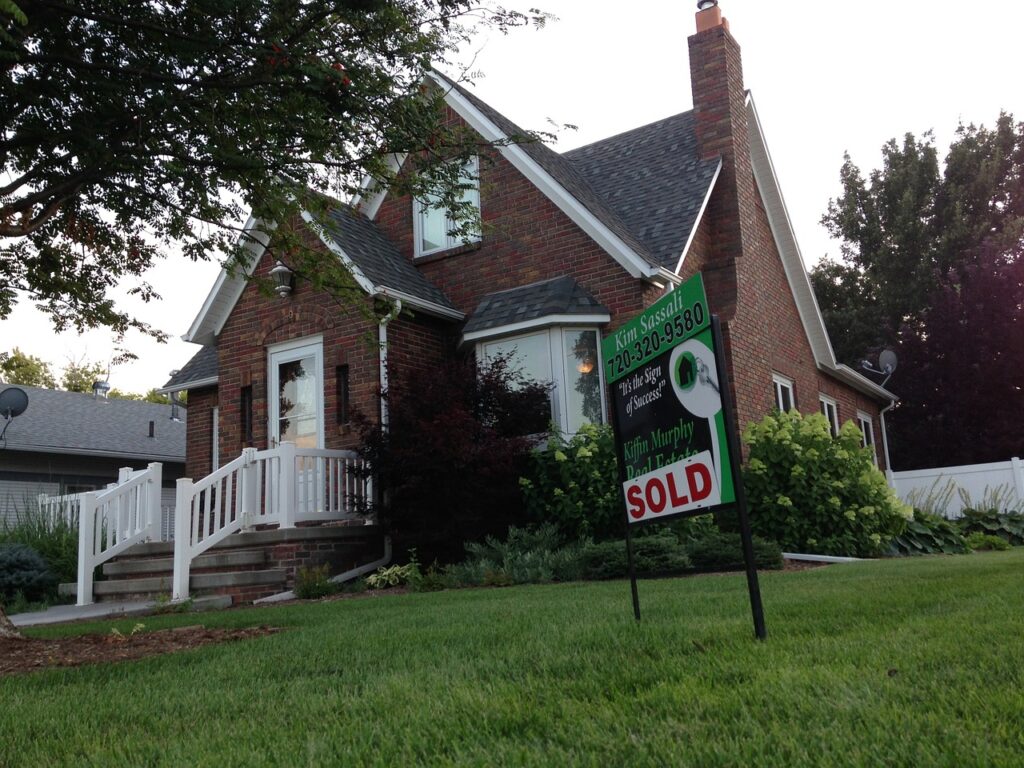How Medicaid Is Causing Some To Lose Their Homes
When a Medicaid recipient passes away, the government program enacts an estate recovery which sometimes forces the deceased's inheritants to lose the homes that were passed down to them.
This article is more than 2 years old

Medicaid is a federal government program that was established to provide a safety net for elderly or disabled Americans that have medical needs that would not be covered under the Medicare program. In theory, this is a compassionate and kind gesture to our elderly population to give them peace of mind knowing that if medical care is needed and either they do not have private insurance coverage or the ability to pay for it that they would not be denied the care that they need. However, the one aspect of the federal program that is not as compassionate is after the person has passed away, the federal law requires all states to have an estate recovery program that seeks reimbursement for the spending under Medicaid, and that is causing some people to lose their homes to repay the debt.
The Medicaid program cost the federal government $792 billion in 2022, and the estate recovery program collected more than $700 million from the deceased’s heirs. The most valuable asset that someone typically passes down to their heirs is their home. The basis of the estate recovery program is there to ensure that people that do have the resources and the means to afford their own care are unable to take advantage of the system.
This is the part that is particularly troubling when you take a deeper look into the program’s data because the people that are often subjected to the clawback program have modest estates and are not the people that the system is supposed to be targeting. According to NPR, “Critics say families with resources, including lawyers, often find ways to shield their assets years ahead of time — leaving other families to bear the brunt of estate recoveries.” In almost all these recovery efforts, the departed’s heirs are caught off guard when they receive their state’s certified letter.
Which is respectful at first offering the states condolences for the passing of their loved one, but then goes right into informing them that they have 30 days to respond on how they are going to use those passed down assets to repay the debt that is owed. In most cases, it is the selling of the home to use the proceeds to settle as much of that dollar figure that they owed. Most homeowners hang on to their homes so it is the one thing that will give their children some financial stability moving forward in life.
It is the culmination of our life’s work and our commitment as parents to be looking out for our kids even after our death. If we knew that the eventual reality was that upon our death, the government would receive the fruits of our lifelong journey, then we surely would sell the house prior to our death. The reason we don’t see people doing this more often is that the Medicaid paperwork you fill out when applying for the assistance program does not have any clear language that would indicate to someone that the estate recovery program even exists.
This should be a big point of emphasis for people applying for the program to understand that their assets could be used to pay the debt incurred by utilizing Medicaid. It is a little disturbing to think that in life after death, you are watching your loved ones must use everything that you worked your whole life to obtain to settle a monetary debt caused by a health condition that was beyond your control. Some state representatives are taking this issue forward in an attempt to end this program permanently as it is not in line with the compassionate values of what the Medicaid program was meant to be.







